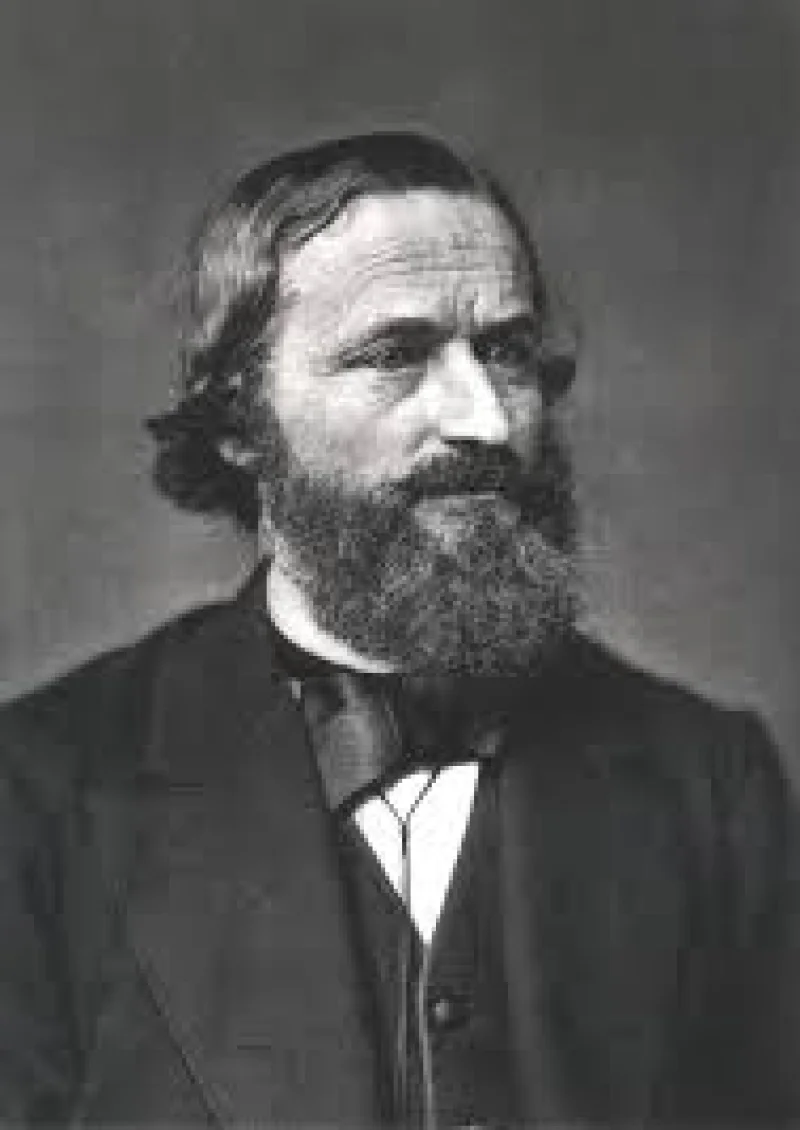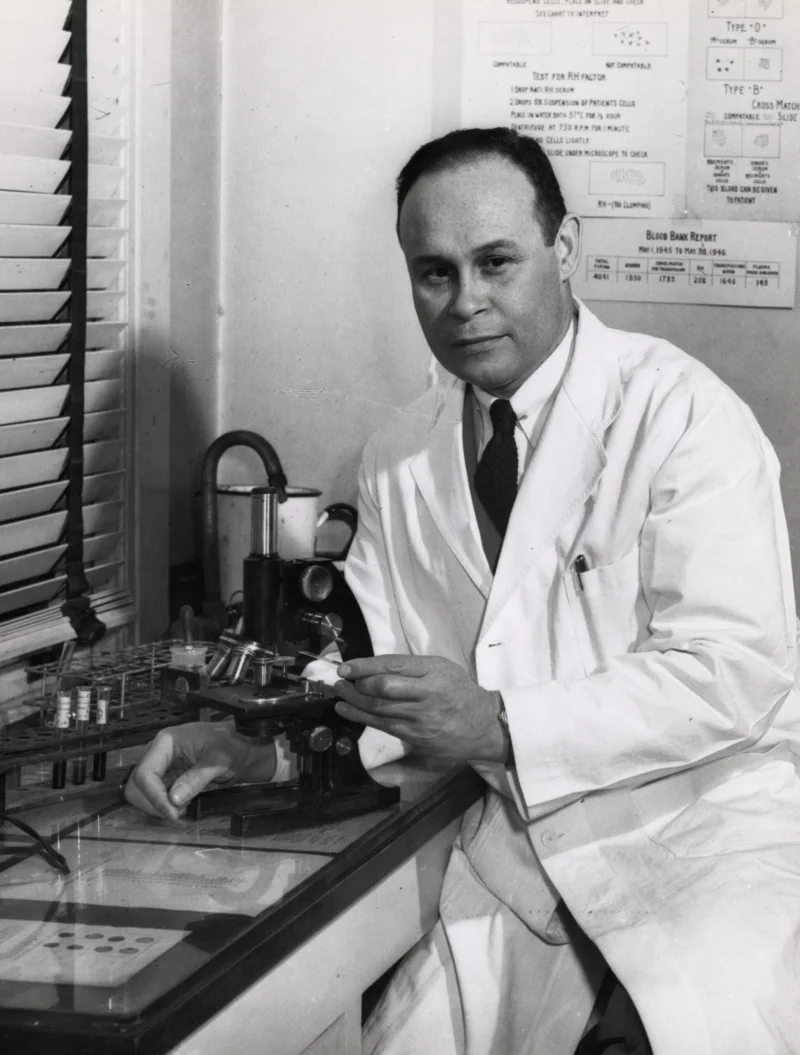Short Summary
Gustav Kirchoff was a distinguished 19th-century physicist and mathematician known for his pioneering work in the field of electrical circuits and spectroscopy. He is most famous for formulating Kirchoff's circuit laws, which are fundamental to understanding electrical networks. Additionally, his contributions to spectroscopy, alongside Robert Bunsen, led to significant advancements in chemical analysis. His work has had a lasting impact on both theoretical and applied physics.
Early Life & Education
Gustav Kirchoff was born on March 12, 1824, in Königsberg, Prussia, which is now Kaliningrad, Russia. He was the son of Friedrich Kirchoff, a lawyer, and Johanna Henriette Wittke. Kirchoff's early education was deeply influenced by his father's intellectual pursuits and the academic environment of Königsberg. He attended Albertus University of Königsberg, where he was exposed to the leading scientific ideas of the time. Under the guidance of Franz Neumann, a notable physicist, Kirchoff developed his interest in physics and mathematics, laying the foundation for his future contributions to science.
Career Highlights
Gustav Kirchoff began his academic career in 1847 as a lecturer at the University of Berlin. By 1850, he had moved to the University of Breslau, where he continued his research and teaching. In 1854, he formed a productive partnership with chemist Robert Bunsen at the University of Heidelberg. Together, they made groundbreaking discoveries in the field of spectroscopy. Kirchoff's later years were spent at the University of Berlin, where he held a chair in mathematical physics. Throughout his career, he published numerous influential papers and was recognized for his theoretical advancements.
Major Achievements
- Kirchoff's Circuit Laws: Formulated the fundamental laws of electrical circuits, vital for understanding electrical engineering.
- Spectroscopy Development: Co-discovered the elements cesium and rubidium with Robert Bunsen through spectroscopic analysis.
- Black-Body Radiation: Made significant contributions to the understanding of black-body radiation, influencing future research in quantum theory.
Famous Quotes
- "The more precisely the position is determined, the less precisely the momentum is known in this instant, and vice versa."
- "Science is for those who learn; poetry, for those who know."
Interesting Facts
- Kirchoff's first name, Gustav, is derived from the Germanic name "Gustavus," meaning "staff of the Goths."
- He was a contemporary of other prominent scientists like James Clerk Maxwell and contributed to the same scientific circles.
- His work on thermal radiation laid the groundwork for Max Planck's quantum theory.
Legacy / Influence
Kirchoff's contributions have had a profound impact on both physics and electrical engineering. His circuit laws are foundational principles taught in electricity and magnetism courses worldwide. His work in spectroscopy paved the way for modern chemical analysis techniques. Kirchoff's influence extends beyond his lifetime, as his research provided essential insights that contributed to the development of quantum mechanics.
FAQ
Q: Why is Gustav Kirchoff famous?
A: He is famous for his circuit laws and contributions to spectroscopy.
Q: What were Kirchoff's circuit laws?
A: They are fundamental principles used to analyze electrical circuits, known as Kirchoff's current and voltage laws.
Q: With whom did Kirchoff collaborate on spectroscopy?
A: He collaborated with Robert Bunsen, leading to significant advancements in the field.
Q: What elements did Kirchoff discover?
A: He discovered cesium and rubidium through spectroscopy.












